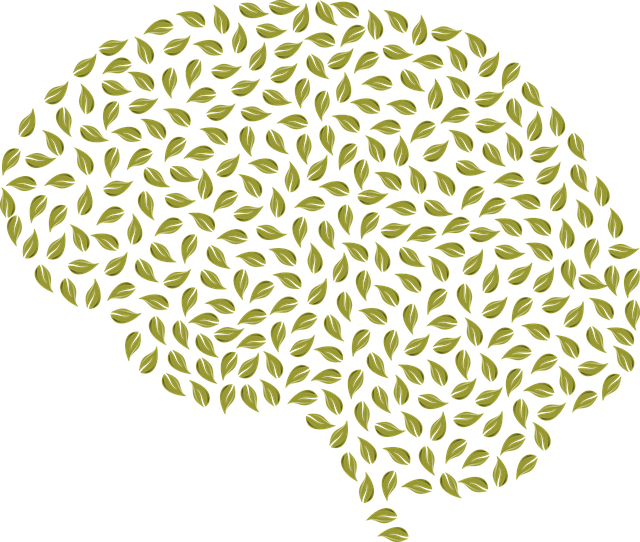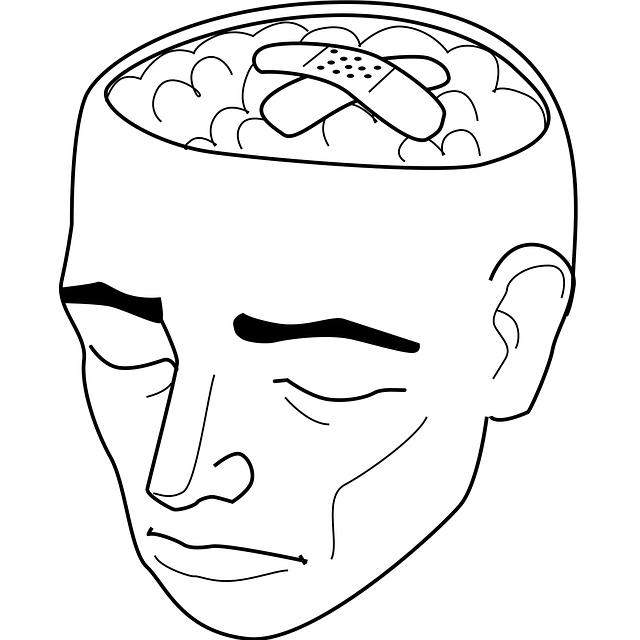Mental health education programs focused on Highlands Ranch Obsessive Compulsive Disorder (HR-OCD) therapy aim to destigmatize mental illness, educate about OCD symptoms and treatment options like CBT with ERP, empower individuals with self-care skills, and foster early intervention. A balanced curriculum covering theory and practice, coupled with community engagement, ensures learners gain specialized knowledge and tools to address HR-OCDT sensitively and effectively.
“Mental health education is a powerful tool in the fight against stigma, especially for conditions like Obsessive Compulsive Disorder (OCD). This article explores an innovative program design aimed at empowering individuals in Highlands Ranch with knowledge and skills to manage OCD. We delve into breaking down mental health misconceptions, identifying at-risk groups, and implementing evidence-based therapies. The curriculum structure, community engagement strategies, and long-term support systems are analyzed to ensure comprehensive education and sustained recovery for those facing OCD. By understanding these elements, we can enhance access to effective Highlands Ranch OCD therapy.”
- Understanding Mental Health: Breaking Down Stigma and Misconceptions
- Identifying Risk Factors and Vulnerable Populations for OCD
- Evidence-Based Practices for Effective Highlands Ranch OCD Therapy
- Program Structure and Curriculum Design for Comprehensive Education
- Community Engagement and Long-Term Support Strategies for Sustained Recovery
Understanding Mental Health: Breaking Down Stigma and Misconceptions

Understanding mental health is a critical component of any well-designed mental health education program. By breaking down stigma and misconceptions, programs can create an environment where individuals feel comfortable discussing their experiences and seeking support. This involves educating people about various conditions, such as Obsessive Compulsive Disorder (OCD), including its symptoms, causes, and effective treatment options available in Highlands Ranch. Dispelling myths surrounding mental health encourages early intervention and promotes healthier coping mechanisms for stress and anxiety.
Integrating personal stories and sharing real-life examples can be powerful tools to foster empathy and understanding. Mental Health Education Programs Design that incorporate interactive elements, like workshops or mental wellness podcast series production, enable participants to learn about mood management strategies and self-care practices. These approaches not only enhance knowledge but also provide practical skills, ensuring individuals feel empowered to navigate their mental health journeys with resilience and support.
Identifying Risk Factors and Vulnerable Populations for OCD

Identifying risk factors for Obsessive Compulsive Disorder (OCD) is a critical step in developing effective mental health education programs, especially in communities like Highlands Ranch. This process involves understanding demographic and psychological variables that contribute to an individual’s vulnerability to OCD. Research suggests certain populations are more at-risk, including children and adolescents, as well as adults experiencing high stress or trauma.
Public Awareness Campaigns Development can play a pivotal role in reaching these vulnerable groups. By educating the community about OCD symptoms and breaking down stigma, early intervention becomes possible. Additionally, Healthcare Provider Cultural Competency Training is essential to ensure professionals are equipped to recognize OCD in diverse populations, tailoring treatment plans accordingly. Self-Awareness Exercises can also empower individuals to identify personal triggers and initiate support seeking behavior.
Evidence-Based Practices for Effective Highlands Ranch OCD Therapy

In the realm of Highlands Ranch Obsessive Compulsive Disorder (OCD) therapy, evidence-based practices play a pivotal role in effective treatment. Cognitive Behavioral Therapy (CBT), specifically the Exposure and Response Prevention (ERP) approach, has proven to be a game-changer for individuals navigating OCD. This therapeutic method equips patients with coping skills development by gradually exposing them to feared situations or objects and preventing them from engaging in compulsive behaviors. By challenging negative thoughts and rituals, CBT empowers individuals to manage their OCD symptoms and enhance their overall well-being.
Integrating mindfulness meditation and stress management techniques further enriches the therapeutic process. Mindfulness practices teach patients to stay present, observe thoughts without judgment, and reduce anxiety. These skills are invaluable for coping with OCD triggers and managing stress levels. When combined with CBT, mindfulness meditation becomes a powerful tool, enabling individuals to gain a deeper sense of control over their lives and break free from the cycle of obsessions and compulsions.
Program Structure and Curriculum Design for Comprehensive Education

A well-structured mental health education program should incorporate both theoretical knowledge and practical skills to effectively address diverse psychological needs. The curriculum design plays a pivotal role in ensuring a comprehensive approach, especially when targeting specific conditions like Highlands Ranch Obsessive Compulsive Disorder (OCD) Therapy. A balanced program might include modules on the biology of mental health, cognitive behavioral therapy techniques, mindfulness practices, and pharmacological interventions.
Integrating Cultural Sensitivity in Mental Healthcare Practice is essential to make sure the education resonates with individuals from various backgrounds. Topics related to Mental Health Policy Analysis and Advocacy can empower participants to understand and contribute to systemic changes that support mental well-being. Additionally, incorporating lessons on Self-Care Practices will not only benefit the learners’ personal lives but also enhance their ability to assist others effectively in a therapeutic setting.
Community Engagement and Long-Term Support Strategies for Sustained Recovery

In designing a mental health education program aimed at conditions like Highlands Ranch Obsessive Compulsive Disorder Therapy, community engagement plays a pivotal role in fostering sustained recovery. Beyond mere knowledge transfer, involving local communities, support groups, and healthcare professionals creates a network of support that extends beyond the duration of the program. Participants gain access to peer-to-peer connections and practical tools for managing their mental health on a daily basis, reinforcing resilience building and mind over matter principles.
Long-term support strategies are integrated into the program curriculum to ensure continuous progress. This includes regular check-ins, follow-up sessions, and accessible resources for ongoing mood management. By fostering open communication channels and providing ongoing guidance, individuals can navigate challenges and setbacks more effectively, promoting a sense of empowerment and self-efficacy in their mental health journey.
Mental health education programs play a pivotal role in fostering understanding, breaking down stigma, and providing support for those affected by disorders like Highlands Ranch Obsessive Compulsive Disorder (OCD). By incorporating evidence-based practices, comprehensive curriculum design, and community engagement strategies, we can create effective interventions that enable sustained recovery. Building on the understanding of risk factors and vulnerable populations, these programs are instrumental in ensuring long-term mental well-being for all individuals.














